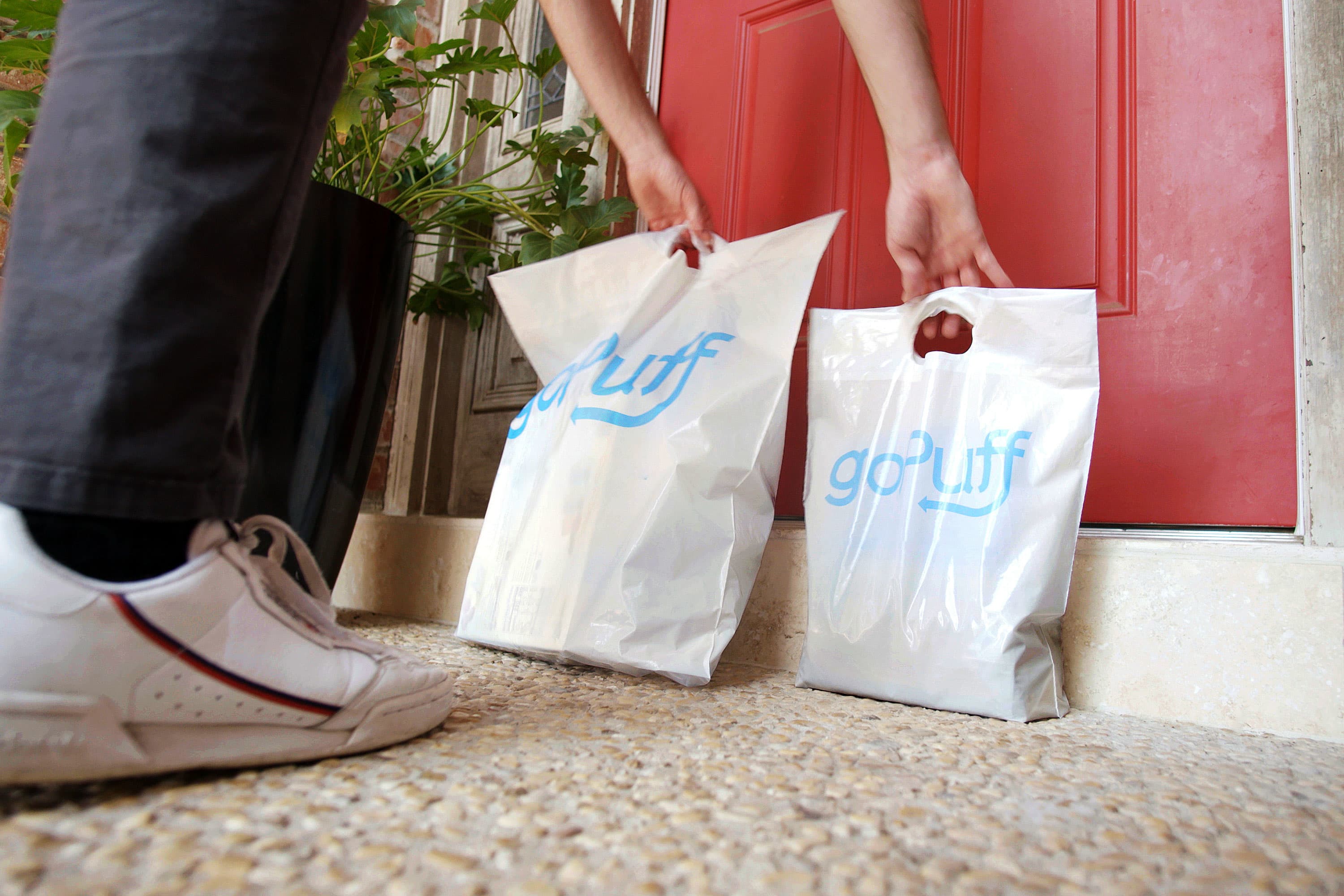Coming off a boom year for the tech industry, investors spent the early part of 2021 pouring money into food delivery companies, online brokerages and Elon Musk’s SpaceX, leading to a record quarter for U.S. venture funding.
Venture-backed companies raised $64 billion in the first three months of the year, according to analysis this week from Ernst & Young, using data from Crunchbase. That equals 43% of the $1.48 billion raised in all of 2020, which was a record year.
“We’re technically still in a pandemic and trying to come out of it,” said Jeff Grabow, U.S. venture capital leader at Ernst & Young, in an interview. “A year ago everybody thought we were sliding into the abyss. To have a record quarter like this is pretty amazing.”
Grabow said that while we’re clearly on pace to see a fourth straight year of $100 billion in venture funding, “the question is — will there be a $200 billion year?”
The late-stage market continued its blistering pace following a historic second half for IPOs that included offerings from Snowflake, DoorDash and Airbnb. The first two quarters of 2020 were quiet as companies altered their plans because of Covid-19, but the market rebounded in dramatic fashion and has continued to hold up.
Grabow said there were 183 venture deals of at least $100 million in the first quarter, more than half the amount for all of last year. The biggest deal was autonomous car company Cruise’s $2 billion financing round in January, led by Microsoft as part of a strategic agreement with General Motors, Cruise’s majority owner.
Digital convenience store Gopuff raised $1.15 billion in March for the second-largest deal of the quarter. Cloud data analytics software vendor Databricks raised $1 billion in the period, as did investing app Robinhood, which needed liquidity after wild trading in GameStop left the company in a cash crunch.
The biggest sub-billion-dollar round was for private space company SpaceX, which raised $850 million in February at a valuation of about $74 billion. Also among the top deals was payment software company Stripe’s $600 million raise at a $95 billion valuation.
In addition to the increasing number of mega-rounds, the earlier-stage market is also red hot. Grabow said there were a record number of Series A and Series B deals in the first quarter.
Smaller funds are popping up by the week, and the website AngelList also allows investors to pull together syndicates of people who want to put money to work in start-ups without doing the on-the-ground networking. With so much capital in the system and the emergence of virtual dealmaking over Zoom, venture rounds are coming together much faster than in the past.
“There’s a lot of buoyancy and enthusiasm in the market because people are believing we’ve gotten through Covid,” Grabow said. “The digitalization and technology enablement of industries has been put on steroids.”
The record levels of venture investment coincides with the phenomenon of special purpose acquisition companies (SPACs), or blank-check companies that acquire private entities and take them public. SPACs represent a potential alternative to late-stage rounds.
Already in 2021, some 306 SPACs have raised $98.9 billion, according to SPACInsider. That tops the $83.4 billion raised in all of 2020, which was by far a record year. Between traditional financings and SPACs moving into venture, there are sure to be investors taking on excess risk, Grabow acknowledges.
“It’s called venture for a reason,” Grabow said. “These are high-yield situations that carry high risk.”
